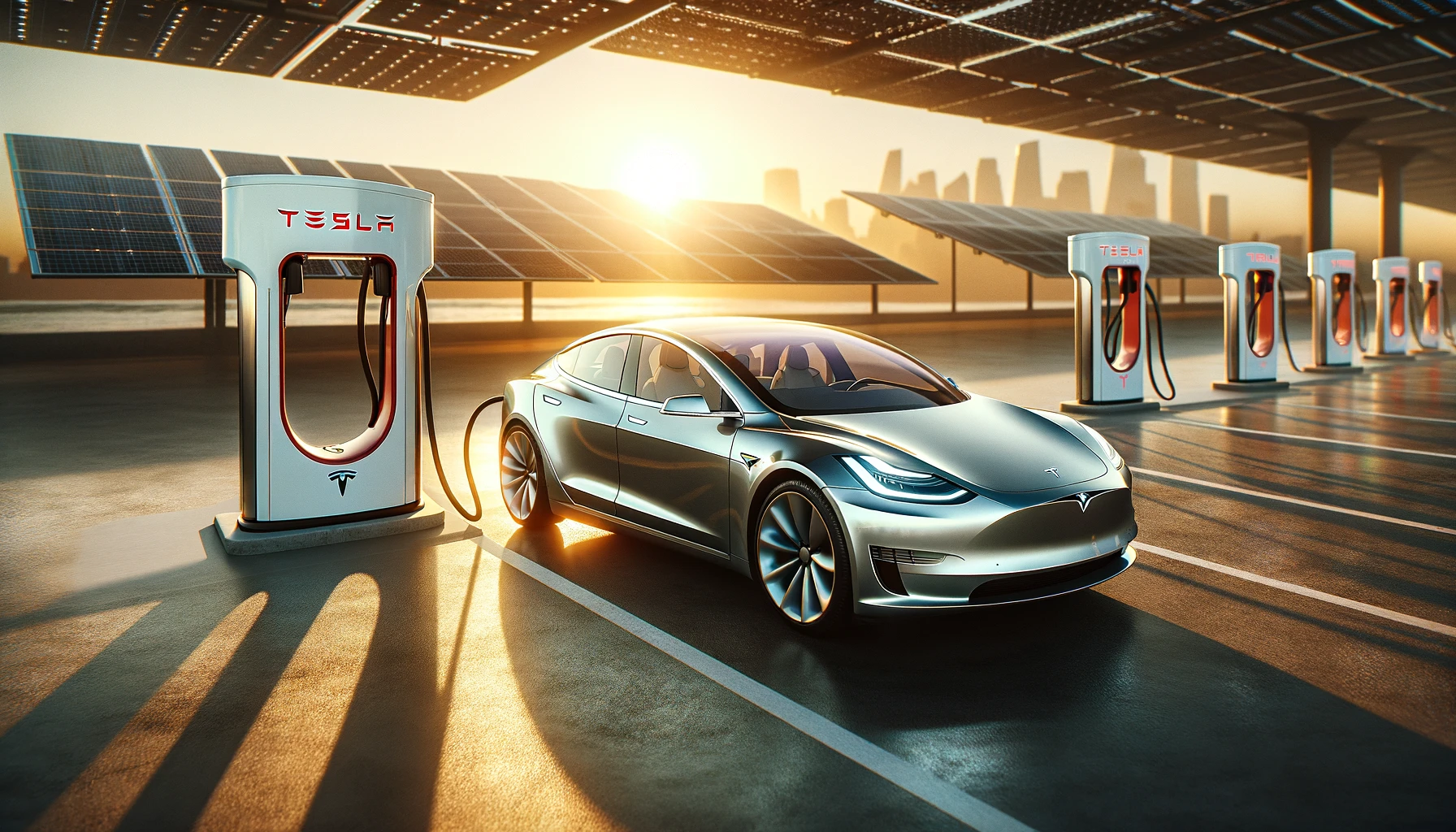The burgeoning electric vehicle market in India is set to receive a boost with Tesla‘s latest strategic move. The company’s Gigafactory in Berlin, known for producing the Model Y, has initiated the production of right-hand drive vehicles specifically for the Indian market. This development signifies Tesla’s intent to establish a significant presence in India, a nation that has traditionally seen right-hand drive vehicles supplied by Tesla’s Shanghai Gigafactory.
The electric vehicle industry has witnessed Tesla’s careful expansion across various global markets, with the company’s Shanghai Gigafactory predominantly serving right-hand drive markets such as Australia, Japan, and the UK. However, in a strategic shift, the Berlin Gigafactory is now gearing up to cater to the Indian market, which may include the Model Y as its launching vehicle. This move aligns with Tesla’s broader goals of increasing its market share in the growing Indian automotive sector, which has shown heightened interest in sustainable transportation solutions.
Tesla’s Foray into the Indian Market
Sources reveal that Tesla Giga Berlin has started the production of right-hand drive vehicles that are slated for export to India later in the year. This marks an important milestone for the Berlin facility as it has been exclusively producing left-hand drive models until now. The entry of Tesla into India with right-hand drive vehicles opens up new opportunities for the electric vehicle giant and signals the company’s commitment to its Indian clientele.
Prospective Indian Gigafactory and Policy Synergy
In anticipation of its market entry, Tesla is reportedly sending a team to India to scout for potential locations to establish a local manufacturing plant. The company’s investment in India could potentially reach $2 billion, which may be incentivized by India’s new import tax policy. This policy reduces import tax rates for automakers willing to make a substantial investment in local production, a change Tesla has actively lobbied for. The alignment of Tesla’s investment plans with India’s new import tax rate could pave the way for a fruitful relationship between the EV maker and the Indian market.
Global Expansion and Local Benefits
The India-focused initiative by Tesla at its Berlin Gigafactory represents a key part of the company’s global expansion strategy. By localizing production, Tesla stands to benefit from reduced logistics costs, improved supply chain efficiency, and a potentially lower price point for Indian consumers. This strategic move may also strengthen Tesla’s appeal in a price-sensitive market, where local production could be a decisive factor for electric vehicle adoption.
Exploring the wider context of Tesla’s expansion, a New York Times article titled “Tesla Faces a Challenger in the Race to Build the Factory of the Future” discusses Tesla’s approach to automation and competition in the electric vehicle industry. Meanwhile, a Wall Street Journal article, “Tesla to Recall 475,000 Cars to Address Safety Issues,” highlights the challenges that Tesla faces, underscoring the importance of establishing robust manufacturing capabilities in new markets like India.
Useful Information
– Tesla’s Gigafactory Berlin is diversifying its production to include right-hand drive models for India, indicating a targeted approach to new markets.
– With India reducing import tax rates for certain foreign automakers, Tesla’s potential $2 billion investment could significantly impact its market presence.
– Tesla’s exploration of a new manufacturing site in India implies long-term commitment to the region and the potential for localized production benefits.
Tesla’s pivot to producing right-hand drive vehicles at its Berlin factory and the plans for exporting these to India reflect the company’s agility in responding to market demands and policy incentives. The company’s willingness to adapt its operations to cater to the requirements of the Indian market, coupled with the Indian government’s favorable import tax policy, highlights a synergetic approach towards fostering the electric vehicle ecosystem. For Indian consumers, Tesla’s potential local manufacturing could translate into more accessible pricing and a broader acceptance of electric vehicles, thus accelerating the transition to clean mobility in the country.










